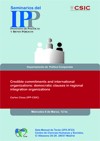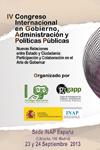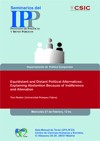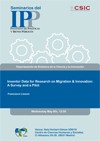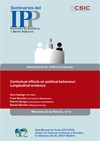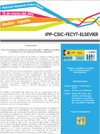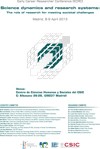Herreros F. (2012) The state counts: State efficacy and the development of trust. Rationality and Society 24(4): 483-509

Fecha
Abstract. Most analyses of the relationship between state institutions and interpersonal trust claim either that the state crowds out trust or that it helps to create trust, acting as a third-party enforcer of agreements. Actually, the relationship between the state and trust is much more complex. This article presents a theoretical model that predicts how trust will evolve in highly efficacious and low-efficacious states.



